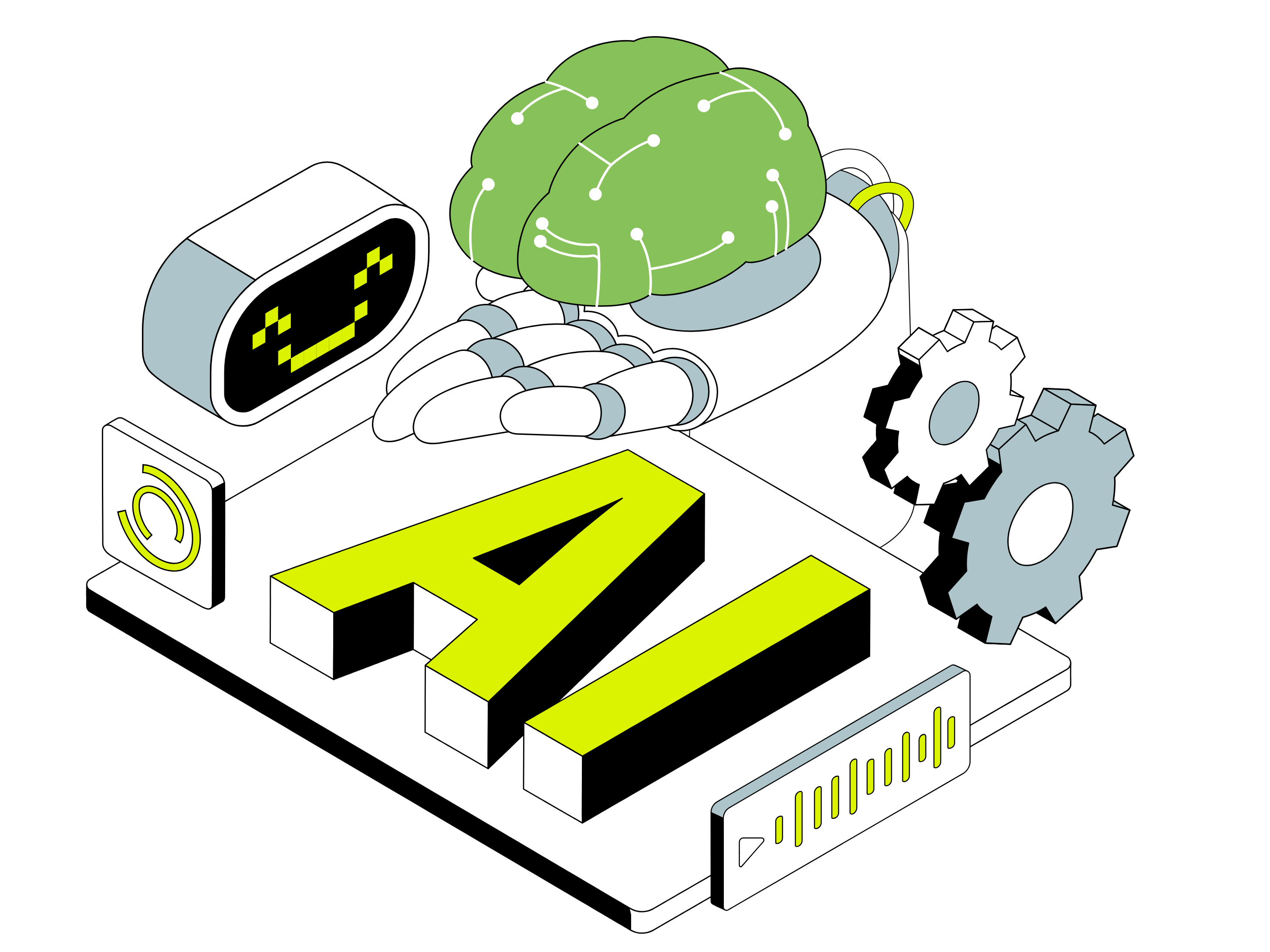
The Role of AI Automation Engineers: Shaping the Future of Work
As industries across the globe rapidly embrace artificial intelligence (AI), a new job title is taking center stage: AI automation engineer. This role is rapidly emerging as a bridge between technology and traditional work processes, redefining how organizations operate and collaborate. For HR professionals, understanding this evolving role is crucial as it holds significant implications for employee engagement strategies and the future of inclusive workplace culture.
Why AI Automation Engineers Are Essential Now
AI automation engineers play a critical role in adapting existing workflows to make full use of AI capabilities. Instead of just replacing traditional job roles, these engineers focus on enhancing team dynamics by automating routine tasks while preserving the human element in decision-making. As noted in recent trends, nearly 30% of jobs are projected to be automated by 2030, underscoring the urgency for companies to rethink job descriptions and employee contributions.
The Changing Landscape of Workplace Values
In an era where employees seek not only job security but also a sense of belonging and purpose, these engineers contribute to cultivating an inclusive culture within organizations. Enhanced psychological safety and employee voice are increasingly pivotal, and the need for professionals who can facilitate this shift is evident. AI automation engineers help organizations unlock employee potential by allowing team members to focus on more strategic tasks, thereby driving engagement and innovation.
Navigating the AI Transformation Together
For HR teams already grappling with AI’s implications, integrating AI automation engineers can equip them with insights into employee engagement strategies adapted to virtual environments and cross-cultural teams. These engineers help organizations establish systems that ensure all voices are heard, thus promoting a healthier work culture.
Future-Proofing Careers: Preparing for AI Integration
As AI tools like ChatGPT and automation software change daily work life, the benefits of employing AI automation engineers are clear. They not only help cut through inefficiencies but also enable teams to innovate and respond more creatively to challenges. Upskilling within organizations may also lead to a greater sense of belonging where employees feel valued for their contributions, fostering a strong alignment with workplace values that resonate with the modern workforce.
As organizations evolve, consideration of employee engagement strategies that reflect an understanding of AI's impact will be essential. A responsive environment that thrives on collective input and innovation can lead to more successful outcomes in an AI-driven landscape.
 Add Row
Add Row  Add
Add 




Write A Comment